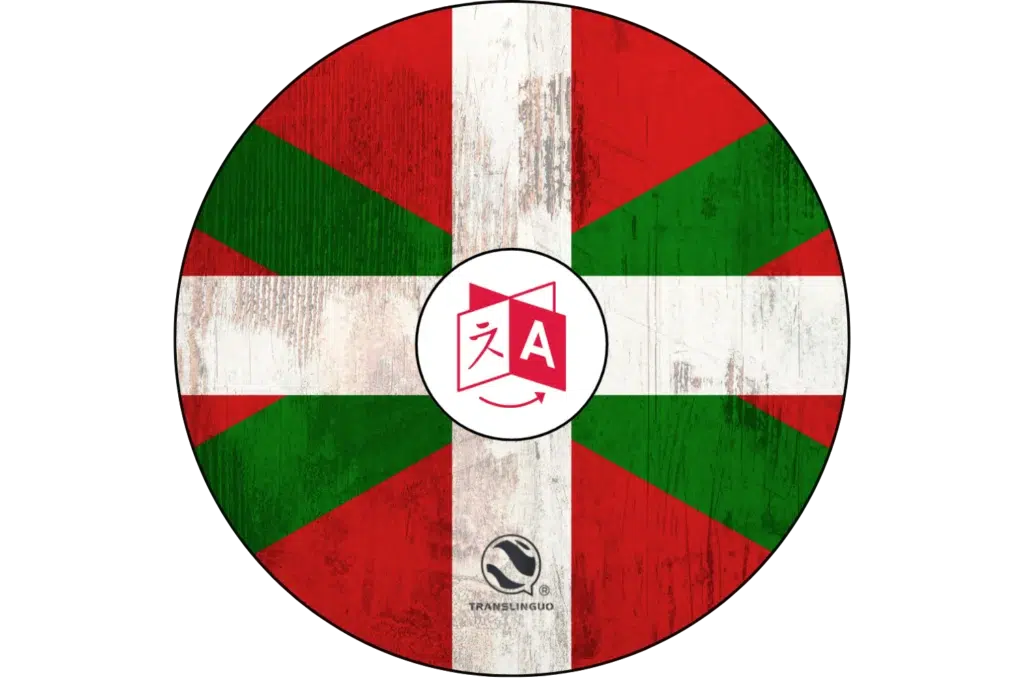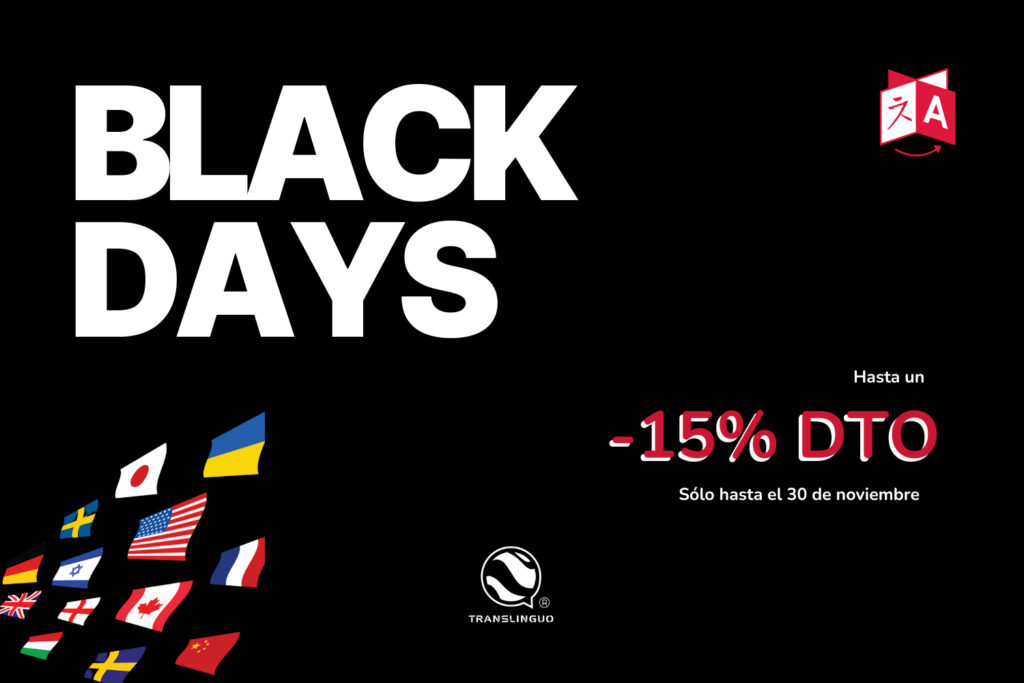Basque Professional Translation
At Translinguo Global, we are specialists in offering high-quality Basque translation services, guaranteed by our ISO certifications. As an official translation agency, we are dedicated to providing accurate and reliable language solutions that meet our clients’ needs, ensuring effective communication between Basque and other languages.
Our team of Basque translators is highly qualified and has a deep understanding of both Basque and Spanish. This allows us to offer translations from Basque to Spanish and from Spanish to Basque with the utmost fidelity to the original content. In addition, we have professional Basque-Spanish translators who ensure that each word reflects the correct meaning, respecting cultural and linguistic particularities.
Basque Professional Translations
Quality Assurance
ISO Certifications
More than 10+ years of experience in the industry
Basque professional translators
Basque Translation Service
At Translinguo Global, we offer Basque to Spanish translation services, as well as Basque to English translation and Basque to English translation, covering all language combinations you may need. Our Basque translators are experts at capturing the cultural and linguistic particularities of the language, guaranteeing natural and accurate translations.
Basque Translation Types
At Translinguo Global, we understand that each translation project is unique. That is why we offer a wide range of Basque translation and Basque translation services to suit your specific needs:
Translation of texts from Basque
We convert your texts from Basque into any language, maintaining the tone, style and context of the original document. Our aim is for the translation to faithfully reflect the message of the source text.
Official Documents Translation
We offer official translation services for documents in Basque, carried out by official translators. These documents are valid for legal and administrative presentations.
Basque Sworn Translation
We have professional, certified Basque sworn translators for your Basque documents. Sworn Basque translations and sworn Basque translations.
Translation of texts into Basque
If you need texts translated into Basque, our team is prepared to deliver high quality results, respecting the linguistic and cultural particularities of the language.
Basque Technical Translation
Ideal for manuals, technical specifications and specialised documents. Our native Basque translators ensure the highest level of accuracy and reliability.
Basque Business Translation
Perfect for catalogues, brochures and marketing material. Internationalise your company in the Basque market with a top quality Basque translation.
Basque Literature Translation
Our Basque literature translation is ideal for books, articles and other literary content. Thanks to our native Basque translators, we ensure maximum detail.
Basque website translation
Translating your website into Basque has never been easier. We ensure the highest quality of your web content with our Basque localisation and translation services.
Our customers
More than 1000 clients are multilingual thanks to our translation company.



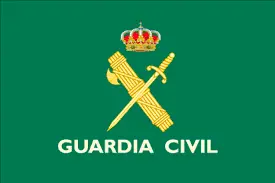
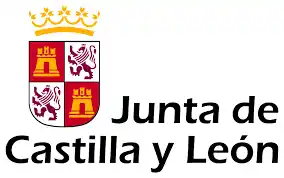
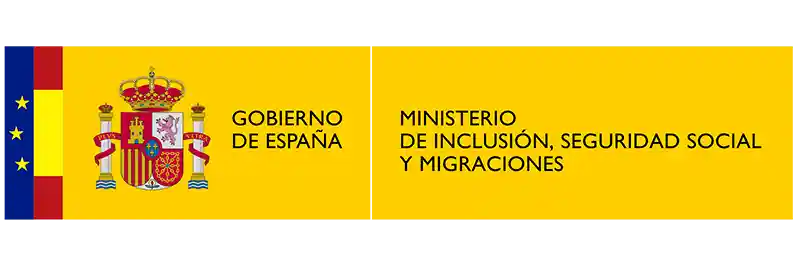
Basque Translation Agency
At Translinguo Global, we are ISO certified, which guarantees that our translation services meet the highest international quality standards. Not only do we offer Basque translation services, but we also work with a wide range of other languages, allowing you to communicate effectively anywhere in the world.
Our Basque translation agency is supported by a team of native Basque translators. Unlike other translation service providers, we consider this to be essential in order to provide top quality work.
Urgent Basque Translations
Get all your content translated in much less time than you think and eliminate language limits.
Basque native translators
All of our professional Basque translators are native speakers and experts in different subject areas, ensuring accurate and culturally appropriate translations.
Best rates per word Basque
Our Basque translation rates are transparent and tailored to the needs of each client.
Quality Assurance
With our ISO Certificates, we guarantee a top-quality Basque translation for every project.
What our customers say
EXCELENTETrustindex verifica que la fuente original de la reseña sea Google. Genial . Rápido y muy profesionalPublicado enTrustindex verifica que la fuente original de la reseña sea Google. He quedado muy contenta con el servicio. Todo fue rápido, claro y sin complicaciones. Me atendieron Riccardo y Alba y la verdad es que fueron súper amables y profesionales en todo momento. Me hicieron el proceso muy fácil. Sin duda, volvería a contar con ellos. ¡Muy recomendable!Publicado enTrustindex verifica que la fuente original de la reseña sea Google. Cannelle es super simpática y te atiende genial, he recibido la traducción en poco tiempo!! Recomendable!Publicado enTrustindex verifica que la fuente original de la reseña sea Google. Job well done and I recommend their service.Publicado enTrustindex verifica que la fuente original de la reseña sea Google. Fui atendida por Riccardo y Alba, excelente servicio, atención inmediata y el cobro muy adecuado. Me encantó.Publicado enTrustindex verifica que la fuente original de la reseña sea Google. 100% recomendable. Solicité una traducción jurada (del alemán al español) y la recibí en formato PDF a los 3 días, solicité también el formato impreso que me llegó unos pocos días más tarde. Empresa seria con fácil y rápida comunicación vía mail.Publicado enTrustindex verifica que la fuente original de la reseña sea Google. Muy satisfechoPublicado enTrustindex verifica que la fuente original de la reseña sea Google. It was such a nice experience to work with Translinguo. The files came earlier than expected without any issue. Would highly recommend!Publicado enTrustindex verifica que la fuente original de la reseña sea Google. Amazing service! Very professional and efficient team!
Translations from Basque
Our Basque translation service starts with an initial assessment of your needs and requirements. We then assign your project to the Basque translator or team of professional Basque translators best suited to your type of document and target language.
Throughout the process, we maintain open and direct communication to ensure that any adjustments or feedback are handled efficiently.
Basque Translation Rates
We understand the importance of cost transparency, which is why we offer a competitive Basque translation rate and Basque translation rate that is tailored to your needs. Furthermore, our price per Basque word is clear and fair, ensuring that you only pay for the work done.

Basque translations (FAQs)
How much does a translation from Basque into Spanish cost?
The price of Basque translations depends on several factors, such as the length and complexity of the text. We offer a competitive rate per Basque word, always ensuring the highest quality in each project.
How long does a professional Basque translation take?
Delivery times vary depending on the volume and complexity of the text. At Translinguo Global we work to offer fast turnaround times without compromising quality.
Do you offer sworn translations of Basque?
Yes, we provide sworn translations from Basque for documents that require official certification.
What kind of documents can be translated into Basque?
We can translate all types of documents, including legal, technical, commercial and literary texts. Our professional Basque-Spanish translators are able to handle any type of content.
Which certifications guarantee the quality of your translations?
We have ISO Certificates that ensure the quality and accuracy of our translations. In addition, each translation undergoes a rigorous review process before being delivered.
What makes Translinguo Global a reliable Basque translation agency?
We are a Basque translation agency with ISO certificates that guarantee the quality of our services. Our Basque translators are native speakers and professionals with extensive experience in different sectors, which guarantees accurate and culturally appropriate translations.
Do you offer specialised Basque translation services?
Yes, we offer Basque legal translation, Basque technical translation, Basque business translation, and other types of specialised translation. Each project is assigned to a translator with experience in the specific field.
Do you offer online translation of Spanish-Basque texts?
Yes, we offer an online Basque translation service to facilitate the process for our clients. You can send us your documents digitally and receive the translation quickly and efficiently.
What kind of Basque translations do you offer?
At Translinguo Global, we have professional Basque translators who are native speakers. We offer all types of language combinations, although the services most in demand by our clients are Basque-Spanish translation and Spanish-Basque translation.
However, any combination is possible, from Basque to English translation to Danish to Basque translation.
Quote for Basque Translation
Request your free Basque translation quote. Send us your file and we will get back to you within 24 hours.
